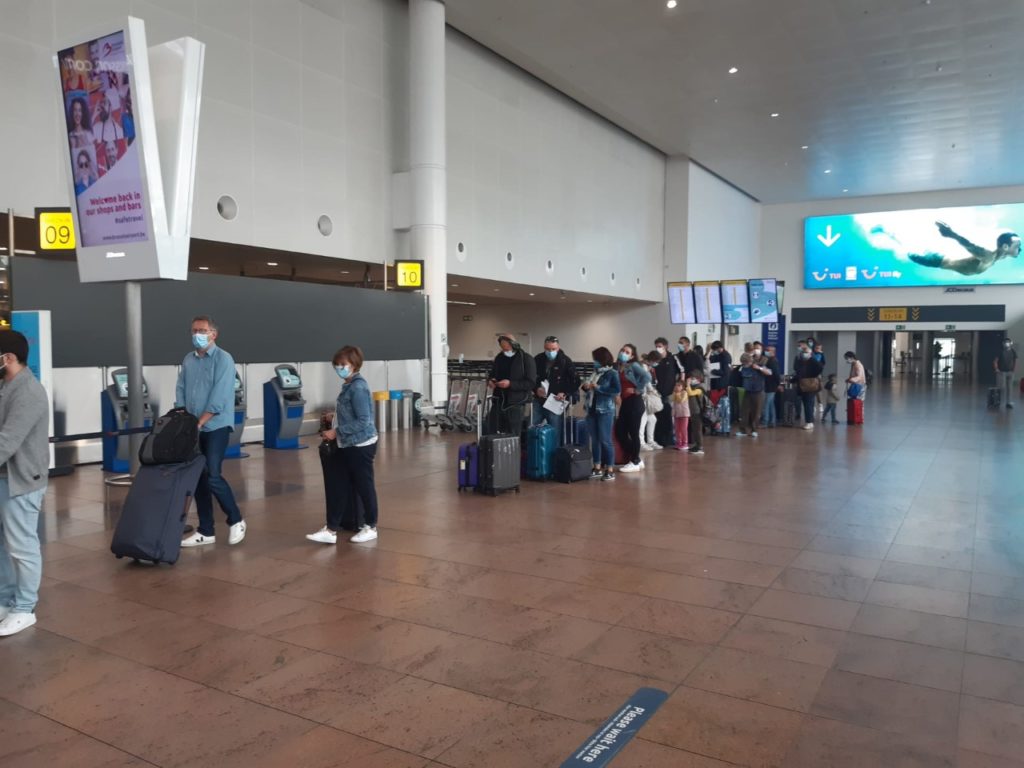The European Commission calls EU member states and the UK to avoid a second wave of uncoordinated actions at the internal borders of the EU.
The call comes against the backdrop of the unilateral decisions taken by member states on travel restrictions and the increasing confusing in the division of countries and regions into red and orange travels zones.
A letter with recommendations, e-signed by the directors-general of DG Home and DG Just, was sent today to the ambassadors of the member states. A Commission spokesperson explained that the letter sets out the principles that should inform decisions on further restrictions to free movement at EU’s internal borders.
“The situation is now volatile, with some member states experiencing falling numbers and some, unfortunately, experiencing a rising number of cases. We noted that in view of these developments, some member states decided to maintain or re-introduce certain restrictions to cross-border movement, sometimes in a rather uncoordinated manner,” the letter says.
According to the letter, essential travel, including to ensure free movement of goods, mobility of workers exercising critical occupations and essential transport of workers, is crucial and should be safeguarded at all times.
The reestablishment of ineffective restrictions and internal border controls must be avoided. Rather, the response should be to have targeted, proportionate and coordinated measures, informed by scientific evidence. In fact, this have been the position of the Commission from the outbreak of the pandemic but the member states acted on their own during the first wave.
The letter lists 13 recommendations to the member states. Among others, decisions that restrict free movement of persons should not be based solely on the 14 days incidence rate of new infections per 100.000 inhabitants but should also take into account other relevant information, including testing policies.
Testing and contact tracing capacities are still insufficient in many member states and the letter states that they should be reinforced to better detect and control the spread of the virus, including, where appropriate, for returning travellers.
Another important point is quarantine measures, something which the Commission until now has not addressed because it falls under the competency of the member states. “A member state may only impose measures like quarantine of EU citizens arriving from another member state if this requirement is also imposed on its own nationals in the same situation,” according to the letter.
Member states must always admit their own citizens and EU citizens and their family members residing in their territory. They must also facilitate transit of other EU citizens and residents and their family members that are returning home.
Not mentioned in the letter, but highlighted at today’s press conference, is the plight of unmarried or unregistered partners in long-lasting relationships. According to the spokesperson, member states can allow them to enter the EU under current legislation but only a minority of the countries do so. He declined to disclose the names of these countries.
However, the Commission has repeatedly encouraged the member states to make use of this possibility. The German EU presidency is currently collecting information from the member states about their approach to partners with duly attested relationships.
M. Apelblat
The Brussels Times

